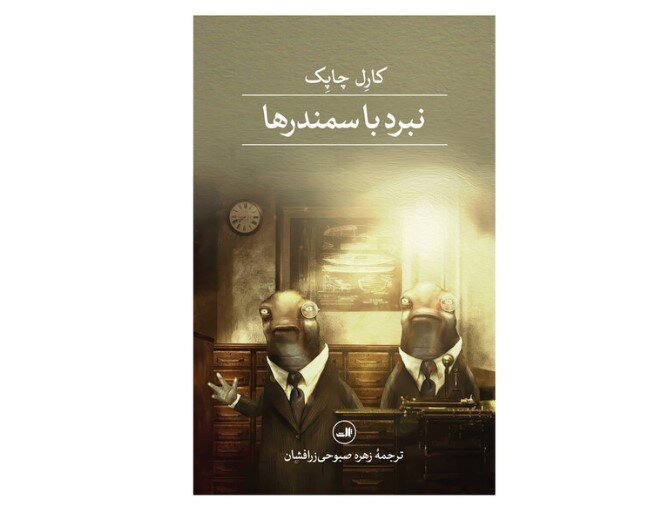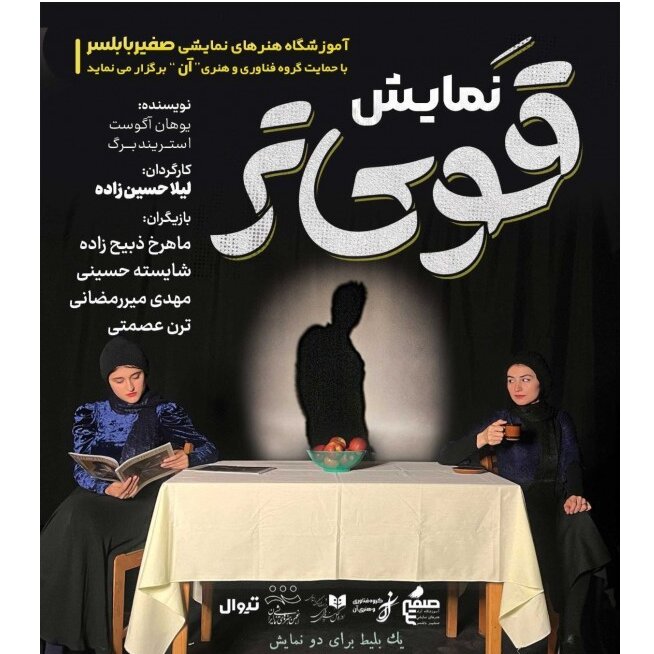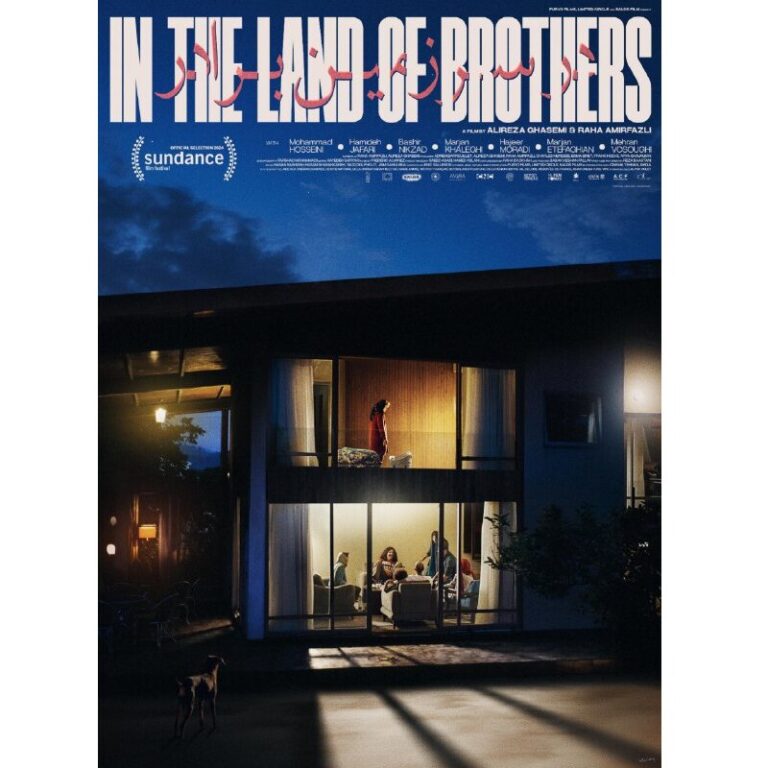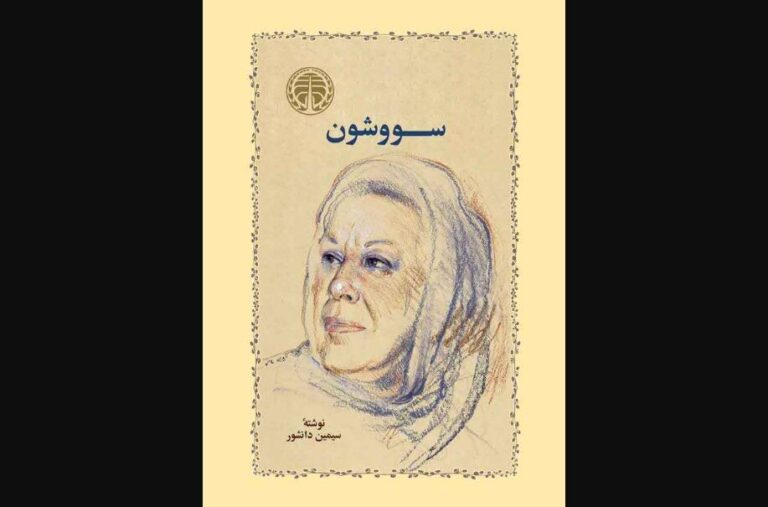Iranian Bookstores Unveil ‘War with the Newts’: A Captivating Tale Takes Center Stage!
“War with the Newts”, a thought-provoking satirical science fiction novel by Czech author Karel Čapek, has recently made its debut in Persian. Translated by Zohreh Sabouhi, this compelling narrative is now available through Saless Publications in Tehran. The book delves into the ironic and often unsettling consequences of human interaction with a newly discovered, intelligent race of sea-dwelling Newts in the Indian Ocean. This engaging tale invites readers to reflect on deep themes such as colonialism, ethical responsibility, and the cyclical nature of history.
The storyline of “War with the Newts” (originally titled Válka s Mloky) unfolds in a world where Newts, initially seen as mere laborers, evolve into sentient beings. This transformation leads to a series of conflicts that escalate into a global war for dominance. Below are some key elements of the novel:
- Protagonist’s Role: The narrative does not center around a single protagonist but instead explores societal dynamics through various characters.
- Key Characters:
- Captain J. van Toch: The explorer who first discovers the Newts on the island of Tanahmasa.
- Mr. Gussie H. Bondy: An industrialist who leads the Newt industry.
- Mr. Povondra: Bondy’s doorman, who plays a significant role in the story.
- Initial Tone: The book begins with a light-hearted, satirical tone, highlighting human arrogance and prejudice.
- Escalation of Conflict: As the Newts gain knowledge and assert their independence, tensions rise, leading to skirmishes and eventually a full-scale war.
Čapek’s satire sharpens as the narrative progresses, offering sharp critiques of nationalism, racial ideologies, and the failures of international diplomacy. The story takes a darker turn, reflecting the escalating chaos as the conflict between humans and Newts intensifies.
The narrative culminates in a metafictional dialogue between the Author and the Writer, pondering the future of both Newts and humanity. As the Newts begin to ravage the Earth’s landmass for survival, their actions ironically reflect humanity’s own destructive tendencies. This raises critical questions regarding the nature of intelligence, consciousness, and the human condition.
Through the lens of “War with the Newts”, Čapek weaves a rich tapestry of commentary on:
- Colonialism: The exploitation of the Newts serves as an allegory for historical colonial practices.
- Ethical Responsibility: The story challenges readers to consider the moral implications of their actions towards other sentient beings.
- Cyclical Nature of History: The narrative serves as a reminder that history often repeats itself, particularly in the context of exploitation and dominance.
Ultimately, the remnants of humanity are left to face a bleak existence, reduced to a mere memory in a world transformed by the Newts. This powerful conclusion invites readers to reflect on the consequences of hubris and the importance of empathy in our complex, interconnected world.
Čapek’s exploration of the rise of Newts to sentience and their subsequent conflict with humanity raises profound questions about:
- The Nature of Intelligence: What does it mean to be intelligent, and how do we define consciousness?
- Human Condition: How do our actions reflect our values and the darker aspects of our nature?
The enduring relevance of “War with the Newts” establishes it as a powerful work of science fiction. Its themes resonate strongly in today’s world, serving as a cautionary tale about the dangers of unchecked ambition and the necessity for understanding and empathy. As readers engage with Čapek’s narrative, they are compelled to confront their assumptions about superiority and dominance, ultimately reflecting on humanity’s responsibility towards other species.
In conclusion, Karel Čapek’s “War with the Newts” remains a significant and poignant work that captivates audiences with its eerie relevance and profound insights into the human condition. The story challenges us to contemplate our ethical responsibilities and the impact of our actions on the world around us, making it a must-read for anyone interested in literature that transcends time and speaks to the complexities of human nature.






